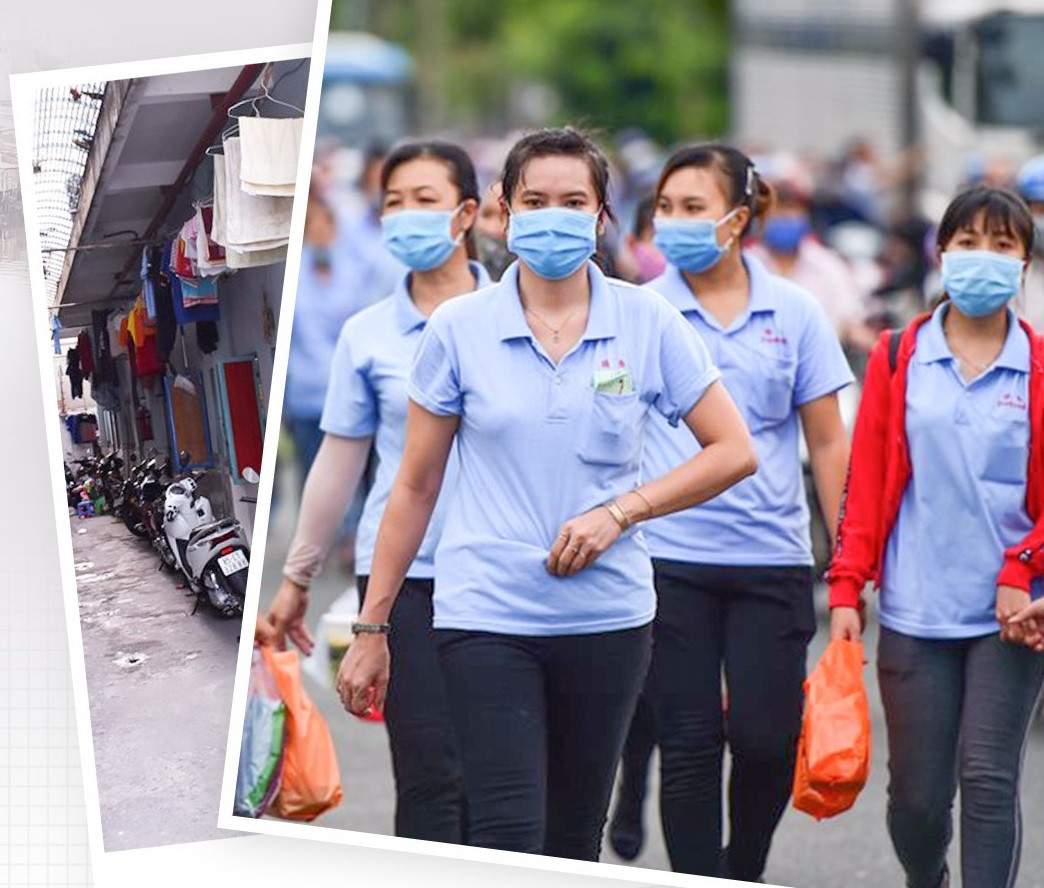
According to the survey, the majority of workers want to borrow money to buy a house worth under VND 1.5 billion (US$63,000) and can only pay less than VND 500 million ($21,000) in advance.
The most common income level of workers is from VND 5-10 million ($200-400), accounting for 40%. Up to 76% of surveyed workers said they can pay their debt in advance of under VND500 million if they take out a loan to buy a house; and 53% can choose a loan term of 10-15 years.
Regarding house value, 36% want to buy a house for VND 500 million-1 billion; and 34% VND 1-1.5 billion.
Meanwhile, the supply of affordable housing is limited. Affordable housing of under VND30 million ($1,250)/m2 in Ho Chi Minh City in 2020 accounted for only 1%. Since 2021 there has been zero affordable housing, while high-end housing accounts for 74%, and the remaining mid-end 26%.
Huynh Thanh Khiet, Deputy Director of the Department of Construction of Ho Chi Minh City, said low-cost housing prices range from VND 20-25 million/m2, and average about VND 1-1.6 billion, but workers can only borrow up to VND 900 million and no more than 70% of the value of the apartment.
If workers spend 20-25% of their monthly income (equivalent to VND 1.5 million) to buy a house, they cannot satisfy the current regulation of maximum installment payment in 15 years.
According to the Ho Chi Minh City Department of Construction, total demand for social housing in the 2021-2030 period is 37 million m2 of floor space (equivalent to 93,000 apartments). The needs mainly come from low-income workers in industrial zones. However, many social housing projects in Ho Chi Minh City are delayed due to many problems. Since September 2021, only theee social housing projects have kicked off.
There are many reasons for the delay in the implementation of social housing projects, such as: no guiding regulations on the cost of compensation for site clearance, technical infrastructure investment costs and how to calculate these costs into the construction land fund; and investment procedures for these projects are more complicated than that of commercial housing projects.
As a result, investors are discouraged from investing in social housing projects.
Moreover, investors are not provided with preferential loans so it is difficult to mobilize capital to implement these projects.
These are problems that must be solved to encourage the implementation of social housing projects in HCM City in particular and in the country in general.
More than 80% of workers in HCM City live in rented rooms
Ho Chi Minh City has about 280,000 enterprises and 460,000 individual business establishments with more than 4.7 million employees.
However, the city has only provided housing for about 15% of workers, while the remaining 80% of migrant workers are living in rented rooms.
Most of the workers live in rented rooms with an average area of 14m2 for four people on average, with the average rent of VND1.6 million/person/month.
Ho Van